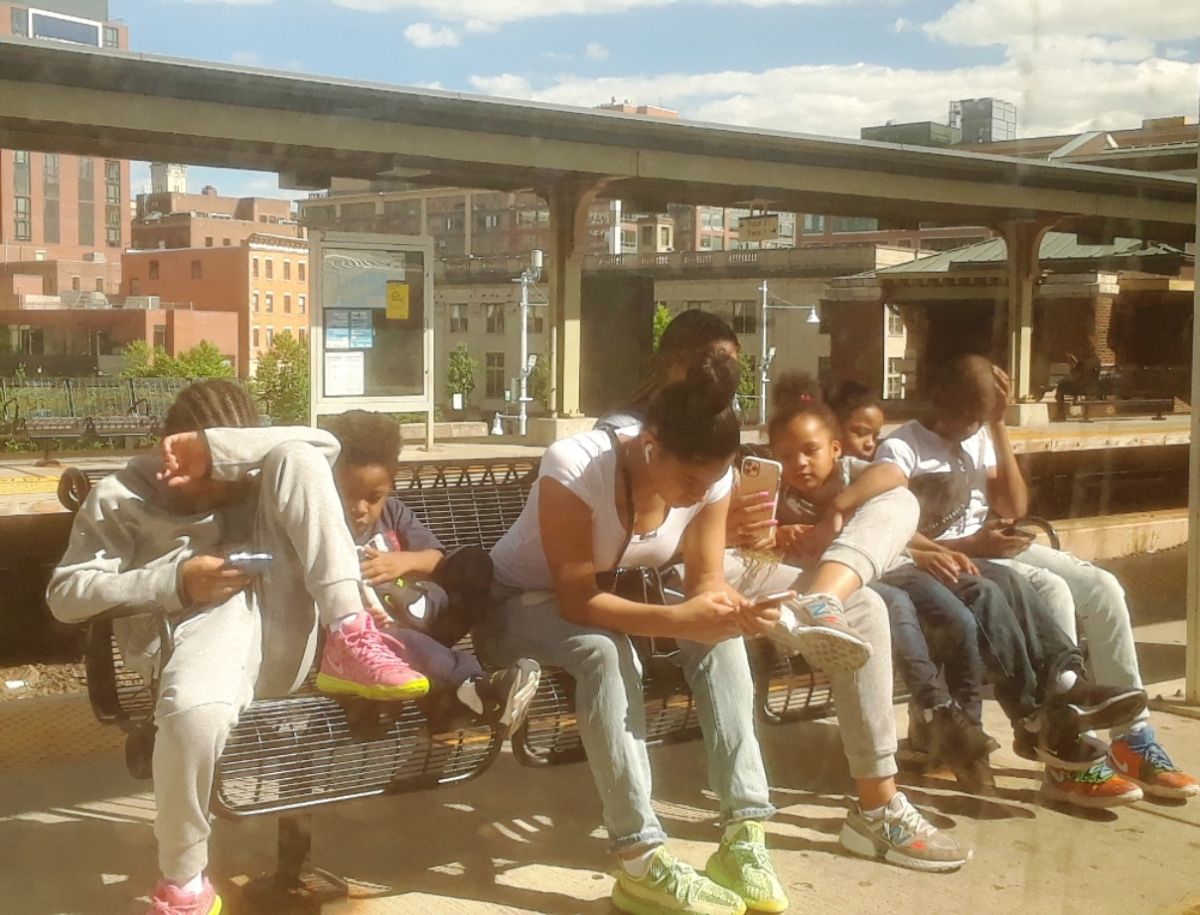A fourth resident of New York City died due to the heat wave that added several days with temperatures of more than 90 degrees F (32C).
Last death occurred on Monday 25 in July at a private home, but it was only confirmed on Saturday 30 that was related to heat, according to the City Medical Examiner’s Office (OCME).
The office did not release any details about the victim, citing privacy. Unlike the previous three heat-related deaths in New York City the previous week, the coroner’s office did not cite any underlying health conditions in the most recent case.
The four victims were residents of private homes who died at home or in the hospital. None of them was in the street.
At the moment, today Tuesday the heat has returned to the city with a wind chill of up to 90F (36C). The rest of the week is also shaping up with high temperatures, even worse on Thursday and Friday.
The NYC Department of Emergency Management (OEM) reminds that the combination of “heat and humidity can be dangerous, especially for people with health problems” and “cooling center” with air conditioning and swimming pools with free access have been activated.
Weather updates can be found here and on the National Weather Service (NWS-NY) website. More details here about the forecast in each county of New York and Jersey.
Tips to prevent and treat hyperthermia (high body temperature):
- Drink enough fluids during the day, both water and vegetable and fruit juices. Avoid coffee and alcohol.
- If your home does not have air conditioning or fans, keep curtains and windows closed during the day and open at night.
- Avoid the sun. Prolonged exposure always has negative consequences.
- Try to wear cotton clothes or natural, fresh and light fabrics , and avoid synthetic fibers and dark colors.
- Do not exercise outdoors and avoid places Too crowded during peak high temperature hours. It is considered that around 3: 00 pm is the hottest time of the day.
- Limit the use of major appliances, such as washers, dryers, dishwashers, and microwaves, between 2 and 10 pm
- Use only one large appliance at a time in the home.
- Limit the use of air conditioning whenever possible. If you have multiple computers, turn on just one.
- Use fans to help circulate air. If you open windows or balconies, do not leave children unattended. Carefully check window guards periodically. Covers or screens are not safe substitutes.
- Turn off the air conditioner when you are not home and use a timer to start cooling half an hour before arrival. Set the highest temperature that is comfortable for you.
Additionally, to avoid blackouts and fires, Con Ed recommends:
